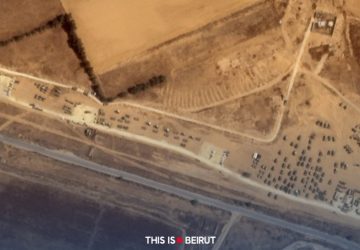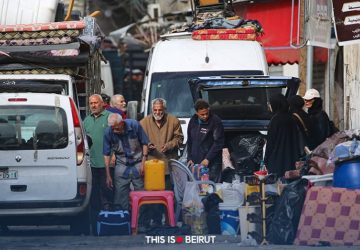The United States announced on Monday a 10-nation coalition to address Houthi missile and drone attacks on ships in the Red Sea. Countries joining the “multinational security initiative” include the United Kingdom, France, Bahrain, Italy, Canada, the Netherlands, Norway, Seychelles, and Spain.
In reaction, Houthi rebels said Tuesday they would not halt attacks on Red Sea shipping despite the US announcement. “Even if America succeeds in mobilising the entire world, our military operations will not stop… no matter the sacrifices it costs us,” senior Houthi official Mohammed al-Bukhaiti said on X, formerly Twitter.
“Countries that seek to uphold the foundational principle of freedom of navigation must come together to tackle the challenge posed by this non-state actor,” US Defense Secretary Lloyd Austin said in a statement.
According to Reuters News Agency, the coalition will jointly patrol the southern Red Sea and Gulf of Aden.
Iran-backed Houthi rebels have escalated attacks on tankers, cargo ships, and other vessels in the Red Sea, imperiling a transit route that carries up to 12 percent of global trade.
Houthi rebels, claiming solidarity with Gaza, reported attacking two “Israeli-linked” vessels in the Red Sea, identified as the Norwegian-owned Swan Atlantic and the MSC Clara. The attacks, part of a series disrupting global trade, aim to pressure Israel over its conflict with Hamas militants. The security coalition, focused on ensuring freedom of navigation and enhancing regional security, is responding to escalating incidents threatening a vital trade route.

In response to the attacks, BP suspended transit through the Red Sea, Evergreen halted Israeli cargo shipments, and Frontline rerouted ships. Major shipping companies, including Mediterranean Shipping Company, CMA CGM, Hapag-Lloyd, Euronav, and A.P. Moller-Maersk, have ceased using the Red Sea, contributing to what is now deemed a “maritime security crisis” with economic implications.
The attacks have led to increased insurance premiums on ships and disrupted Suez Canal transit, prompting some companies to redirect through the longer Cape of Good Hope route. That route is far longer and uses more fuel.
Miroslava Salazar, with AFP





